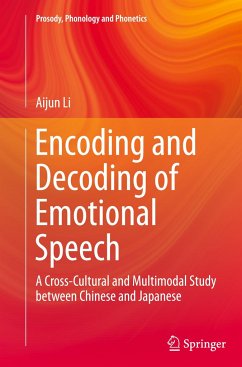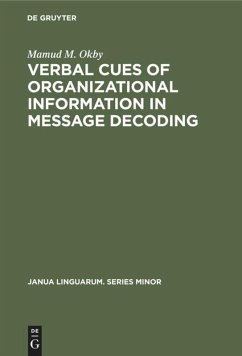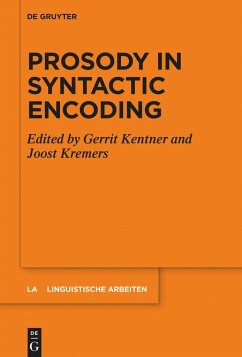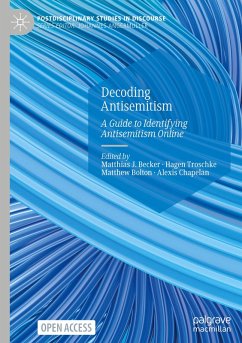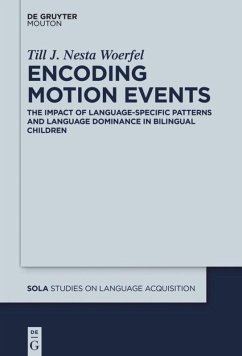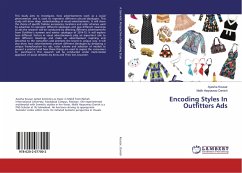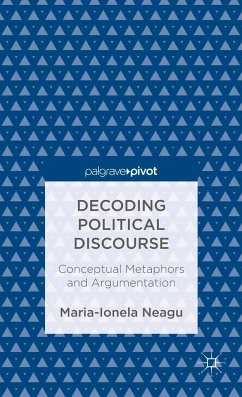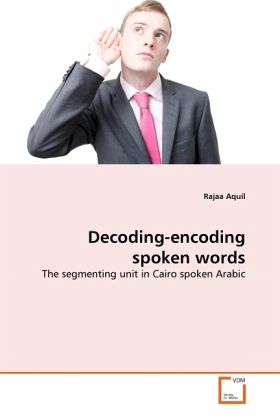
Decoding-encoding spoken words
The segmenting unit in Cairo spoken Arabic
Versandkostenfrei!
Versandfertig in 6-10 Tagen
52,99 €
inkl. MwSt.

PAYBACK Punkte
26 °P sammeln!
Connected speech does not have reliable cues between word boundaries and so it is very difficult for an L2 Learner to recognize the words. To decode and encode the words different process are at play. One of them is segmentation, a process listeners of a language use to locate the boundaries between words and thereby recognize them. Spoken language segmentation literature demonstrates that languages differ in the segmentation unit they use. In spite of segmentation's importance in listening skill and comprehension, research in L2 has not investigated it fully. This work is one of the first tha...
Connected speech does not have reliable cues between word boundaries and so it is very difficult for an L2 Learner to recognize the words. To decode and encode the words different process are at play. One of them is segmentation, a process listeners of a language use to locate the boundaries between words and thereby recognize them. Spoken language segmentation literature demonstrates that languages differ in the segmentation unit they use. In spite of segmentation's importance in listening skill and comprehension, research in L2 has not investigated it fully. This work is one of the first that looks into it, specifically through a learning problem L2 learners often have, and that's the inability to segment L2 connected speech. The study reports on four psycholinguistic experiments conducted to investigate prosodic units employed in segmenting connected spoken language of L1 and L2, pedagogical implications are discussed and a solution, the Signal Based Approach is presented as asolution to the learning problem. The book also includes a psycholinguistic model illustrating how L2 learners approach connected speech and factors that affect their success in recognizing spoken words.




